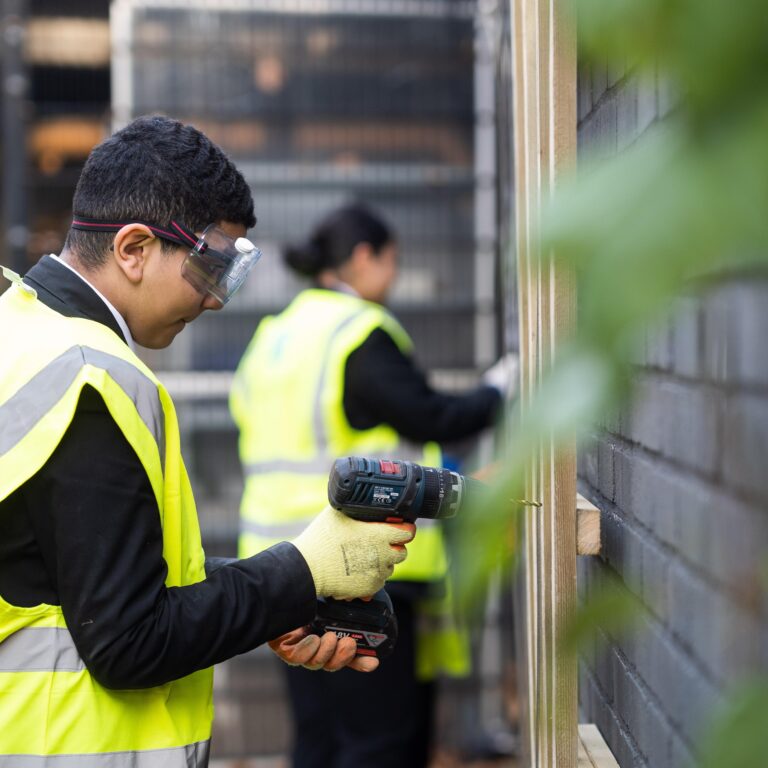Course content
We offer the OCR Chemistry A course. The course includes units on Organic Chemistry, including hydrocarbons alcohols and haloalkanes, Physical Chemistry including enthalpy and Hess’s Law, Analysis and Organic synthesis which can be summarised as mass spectrometry and infra-red spectroscopy. Bonding and the periodic table obviously feature. Whilst the course builds on many of the GCSE topic areas, the demands are far greater, especially in terms of the maths, literacy and diagrammatical skills you are expected to use.


